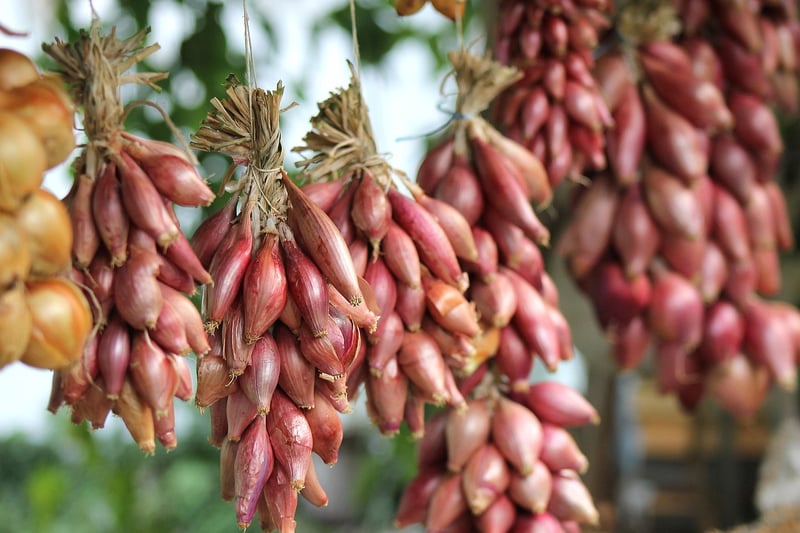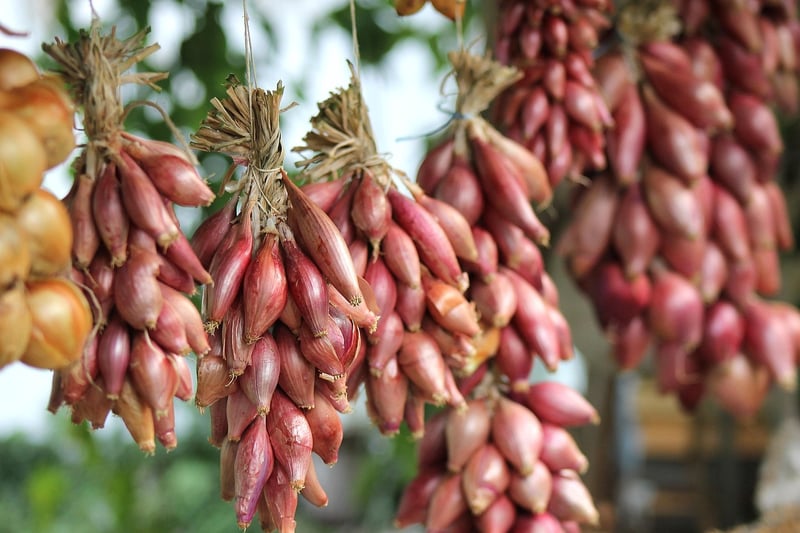Community Gardens
Urban Gardening Tips and Tricks + Community Gardens
Introduction
Welcome to the world of urban gardening! Whether you have a small balcony, a rooftop, or just a sunny windowsill, there are plenty of ways to grow your own plants in the city. In this article, we will explore some tips and tricks for successful urban gardening, as well as the benefits of community gardens.
Urban Gardening Tips and Tricks
- Choose the right plants: Opt for plants that thrive in containers or small spaces, such as herbs, cherry tomatoes, peppers, and lettuce.
- Use vertical space: Maximize space by using hanging baskets, wall planters, and trellises to grow plants upwards.
- Water wisely: Be mindful of watering needs, as containers can dry out quickly. Consider using self-watering containers or drip irrigation systems.
- Provide adequate sunlight: Most plants need at least 6-8 hours of sunlight per day, so choose a sunny spot for your urban garden.
- Use quality soil: Invest in good potting mix to ensure your plants have the nutrients they need to thrive.
- Regular maintenance: Keep an eye on your plants for pests and diseases, and prune or harvest regularly to encourage growth.
- Get creative: Upcycle containers, pallets, or other materials to create unique and functional planters for your urban garden.
Community Gardens
Community gardens are shared spaces where individuals can grow food, flowers, and other plants together. Here are some benefits of participating in a community garden:
- Community building: Community gardens bring people together, fostering a sense of belonging and camaraderie among neighbors.
- Access to green space: Residents of urban areas often lack access to green spaces, making community gardens a valuable resource for connecting with nature.
- Sharing knowledge: Community gardens provide opportunities to learn from experienced gardeners, exchange tips, and collaborate on gardening projects.
- Increased food security: Growing food locally in community gardens can help supplement diets, promote healthy eating, and reduce reliance on store-bought produce.
- Environmental benefits: Community gardens contribute to urban green spaces, support biodiversity, and promote sustainable practices like composting and rainwater harvesting.
Conclusion
Urban gardening is a rewarding and sustainable way to connect with nature, even in the midst of a bustling city. Whether you're tending to a small container garden on your windowsill or participating in a community garden project, there are endless possibilities for growing plants and building community in urban environments. So grab your gardening gloves and get started on your urban gardening journey today!


